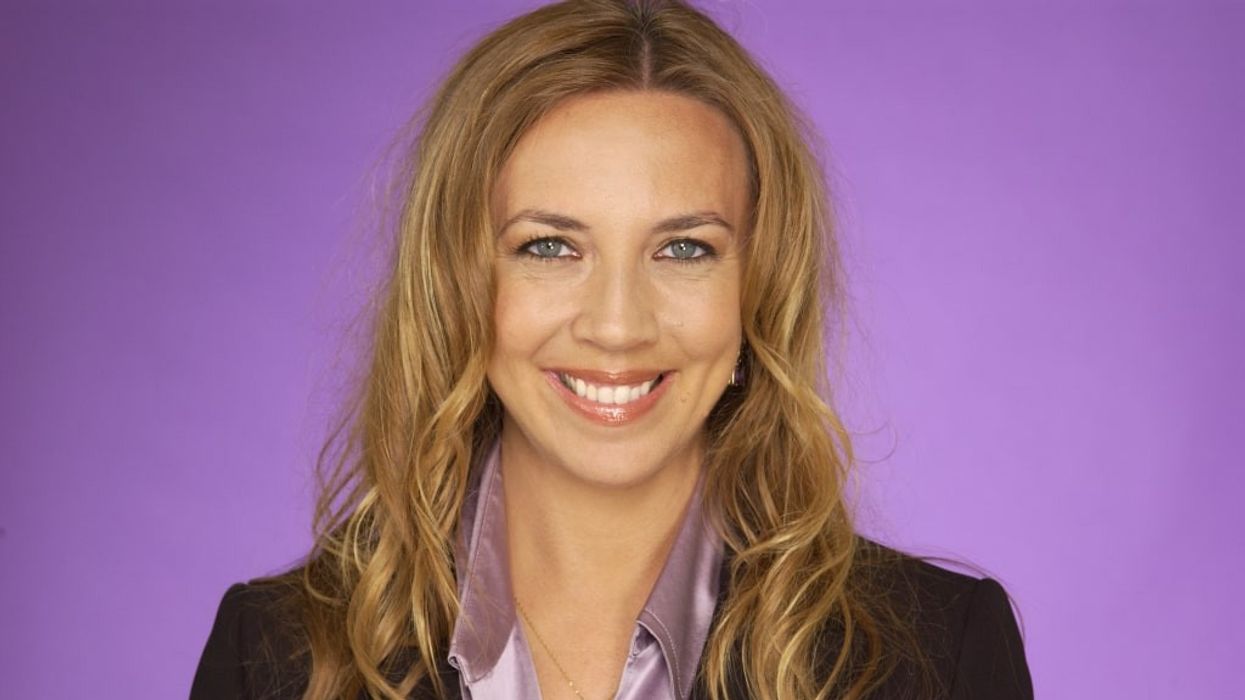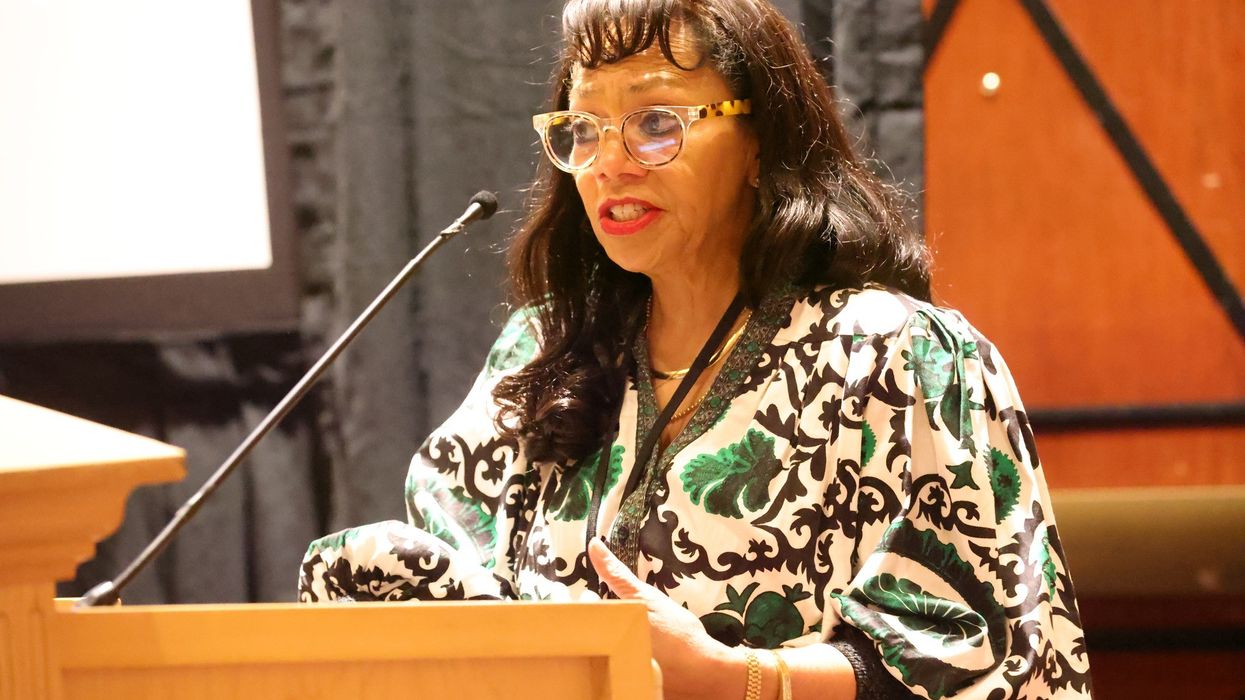Your freedom from weight gain and unexpected illnesses may be hidden in issues stemming from your childhood.
According to the American Society for the Positive Care of Children, children who are abused, neglected, or exposed to traumatic events, are at higher risk for health problems as adults. These challenges include alcoholism, depression, drug abuse, eating disorders, obesity, high-risk sexual behaviors, smoking, suicide, and certain chronic diseases.
“What happens to us before the age of 18, by way of our primary caregivers, for instance, abuse, neglect, that feeling of being unloved and cared for, sexual abuse, incarceration of a parent can impact us as adults.”
“The Adverse Childhood Experience Study has proven that there are various things that can happen that cause this emotional chain reaction in the body. This creates a negative experience in the body because we do not realize that when we have an emotional response to something every cell in our body registers the emotional response,” says Dr. Meg Haworth, transpersonal psychologist and holistic chef.
The Adverse Childhood Experiences, also known as ACEs, refer to traumatic events that occur during a child’s formative years. These range from physical, sexual, or emotional abuse to neglect, household dysfunction, or witnessing violence.

According to a study from the National Center for Biotechnology Information, a meta-analysis found that experiences of emotional abuse increased the likelihood of developing adulthood obesity by 36%.
ACEs also states that in addition to its physiological effects, past trauma can also influence an individual’s body image and self-perception. Trauma survivors may internalize negative beliefs about themselves, viewing their bodies as sources of shame, unworthiness, or vulnerability. This distorted body image can fuel a cycle of self-destructive behaviors, including disordered eating patterns and a preoccupation with weight and appearance.
Dr. Haworth’s goal is to help people understand the connections between past trauma and health by using her technique. She helps people go through the process of releasing emotional energy from their system.
“Through using this technique, I’ve watched people lose weight. I’ve watched them gain their lives back. I’ve watched them be able to get out of bed and start their own businesses. It’s really powerful to see the impact it can make.”
“It’s sort of like a process of self-forgiveness where they’re loving and releasing these parts of the self that are really hard to love and release. They’re listening to them from a different place instead of being overly afraid of them and wanting to run from them or being numb,” Dr. Haworth summarized.
According to Dr. Haworth, in addition to its physiological effects, past trauma can also profoundly influence an individual’s body image and self-perception. Trauma survivors may internalize negative beliefs about themselves, viewing their bodies as sources of shame, unworthiness, or vulnerability. This distorted body image can fuel a cycle of self-destructive behaviors, including disordered eating patterns and a preoccupation with weight and appearance.
“I think it’s important for people when they recognize these connections to seek help. It might be in traditional psychotherapy or with techniques that are thematic psychotherapeutic techniques like I work with. The person has to find something that resonates with them and so that they will really do the work. This will help them to reprogram the way that they think,” noted Dr. Haworth.
One of the first steps that Dr. Haworth walks people through is self-forgiveness.
“You have to forgive yourself before you can forgive others. There’s so much power in releasing yourself of the guilt, shame, fear and sadness due to things from your childhood. These are things that were out of your control,” stated Haworth.
Dr. Haworth claims that once her patients work through the process of healing their childhood pain everything else in their life begins to line up. This includes their health and personal relationships.
“Resolving the pains from your childhood helps how you feel about yourself. It just helps absolutely everything,” Dr. Haworth explained.
Dr. Haworth is also a private chef to the stars in Hollywood, a former cooking instructor for Whole Foods Markets, and an advocate for natural health and healing. For more information regarding her transformative techniques and healing recipes, you can go to her website at www.meghaworth.com.









 Karla Mingo believes that her greatest gift as a cancer survivor is the ability to live with gratitude and thankfulness.
Karla Mingo believes that her greatest gift as a cancer survivor is the ability to live with gratitude and thankfulness.




 Dr. Cary S. Kaufman teaches the "Essentials of Oncoplastic Surgery" course through the National Consortium of Breast Centers, providing breast surgeons around the world with advanced techniques for optimal breast surgery outcomes.
Dr. Cary S. Kaufman teaches the "Essentials of Oncoplastic Surgery" course through the National Consortium of Breast Centers, providing breast surgeons around the world with advanced techniques for optimal breast surgery outcomes.